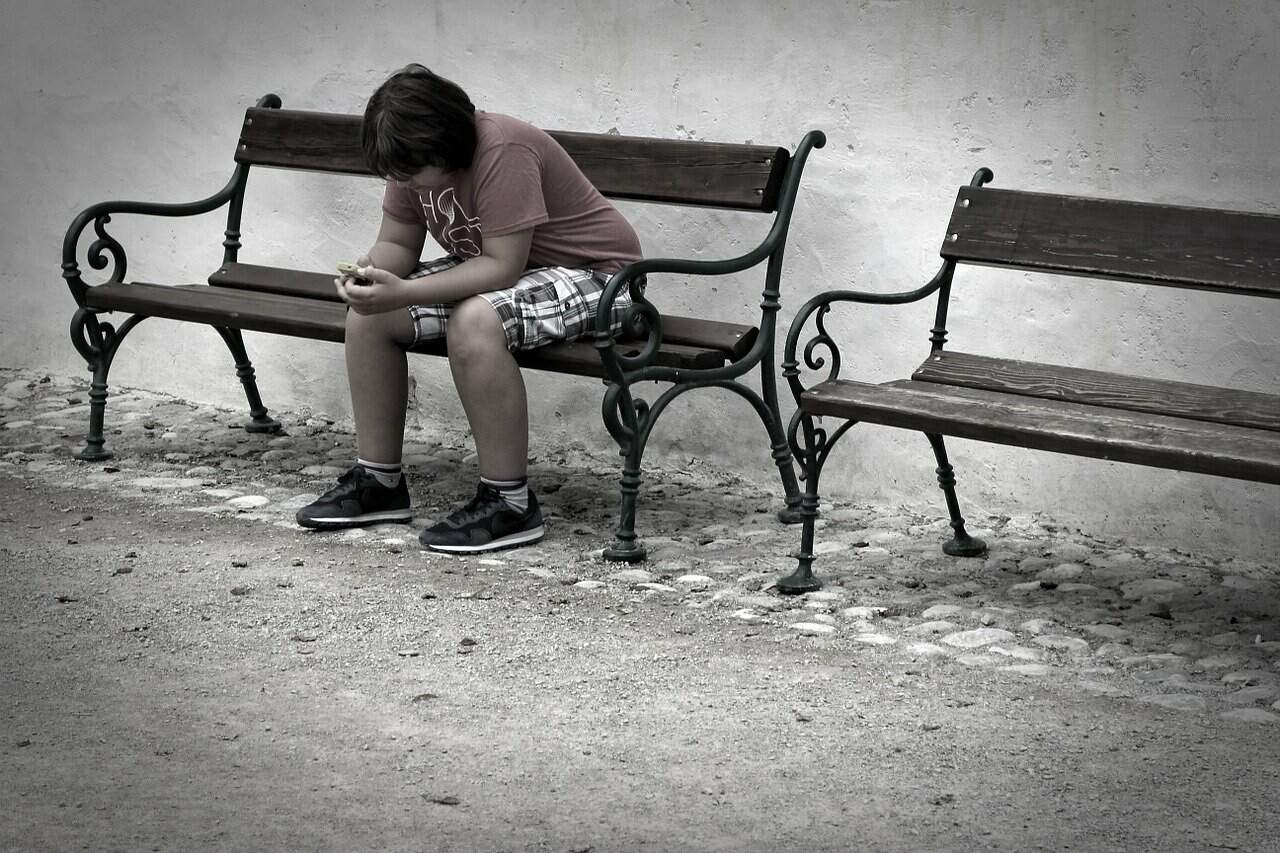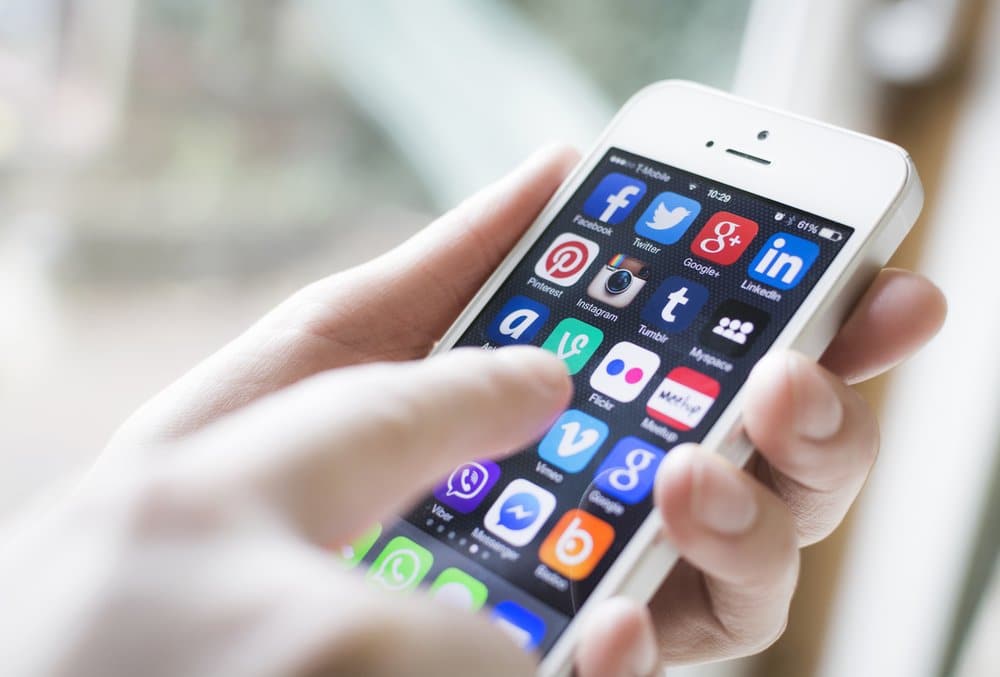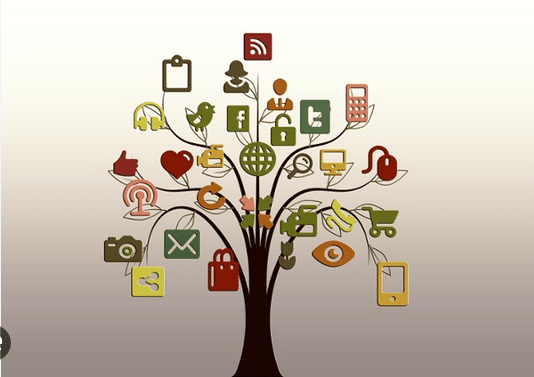Social Media and Morality: Do Online Users Lose Their Morals? The post was made with the help of BetterHelp.
Social media is more familiar than it used to be, and most Americans use it in some way every day. In 2021 alone, more than 4 billion people used social media worldwide. That’s almost everyone on Earth.
So why do people seem to lose their sense of right and wrong and start acting “ugly” online? Why do people do it? Is there a reason why there doesn’t seem to be any morality online? Let’s look at the numbers to find out why and how social media changes morality.
How Does Social Media Affect Morality?
Numerous studies show that the opinions and emotions of social media users are significantly impacted. It’s like a social group on a global scale. Everyone wants to be a part of the “in” crowd. But tens of thousands of people are in the “in” crowd, which is much more than in real life.
You’re up against some very low odds when trying to keep up and make yourself seen in a crowd of 4 billion people who use social media daily. Many people desire to “go viral” or be seen, and not getting enough likes on a picture can send someone into a downward spiral.

When these strong feelings are combined with what can be done online, it can create a digital “VIP club,” where people will do almost anything to keep or get more status and money. People can veer even further away from their morals when money is involved.
In real life, someone may think being honest, humble, and open-minded is very important. They might change into a different person online. People frequently act mean, cruel, and critical online because it is easy. If there are no negative effects, why not?
Psychologists have been talking about this for a while now. Why do people completely change who they are when they are behind a screen? It’s probably because of social pressure, the desire to fit in, and the false sense of freedom and liberty that can be found online.
You can also read the online advice column at https://www.betterhelp.com/advice/morality/ to learn more about how social media affects morals and mental health.
How To Report Cyberbullying
Cyberbullying is still a crime if it is very bad and happens online. Even if people think the Internet is safe, many kinds of cybercrime can happen. The FBI’s website and other US officials can track almost everything you do online.
On the FBI’s website, you can even report theft. If someone at your university or school is bullying you, tell your administration first. If someone is threatening you in real life, there are usually immediate media steps you can take.
How To Keep Your Morals Online
So, how do you keep your morals online when it seems like half of the people you talk to don’t? Here are some ways to be yourself on the Internet.
Watch What You Post
Always watch what you post and who can see it. If you want to post something that only your family can see, most social media apps let you block certain people from seeing some of your posts.
If you post something controversial or goes against your or someone you care about’s morals, you should know that it could cause a fight. Avoid posting about politics, emotions, breakups, love, drama, and job events if you want to stay out of the spotlight on social media.
Don’t Interact With Things That Cause an Emotional Reaction
Don’t say anything about movies, pictures, or posts that you don’t like. Block the poster or ignore the post instead of interacting with them. If you let your emotions get the best of you, you might start fights with people or say things you don’t mean. Knowing what posts make you sad or angry, you’ll know when to log off or ignore something.

Block Those With Ill Intentions
Remember that you can block people on most social media sites. If someone is hurting you, bullying you online, or threatening you, you must block them. Do not talk to someone trying to push you past your limit in any way. People say many things online that they probably wouldn’t say in person. It’s best to move on and ignore bad things for your mental health.
Use Non-Social Social Media
Lastly, you can use social media that isn’t about interacting with others. On TikTok, for example, you can scroll and watch videos without talking to anyone or making any comments. Even if you don’t want people to find your page, they don’t have to. You can make it as secret as you want.
You can also use social media that isn’t as much about making friends, like Tumblr, which lets you keep a blog about things you like. Pinterest also lets you create and pin crafts, art, and clothing boards that inspire you. All of it is up to you. If you don’t want it to be, social media doesn’t have to be bad in your life
